
Advance the biosciences
University Priority
Innovation in the biosciences is essential to helping us live longer and healthier lives.
Northwestern scientists and researchers deliver cutting-edge treatments and cures through their pathbreaking work in synthetic biology, chemistry, cancer research, public health and more.
With collaboration across schools, campuses and partners such as Northwestern Medicine, a significant percentage of the University’s research enterprise is dedicated to the biosciences. This page provides a snapshot of the transformative work taking place at Northwestern.
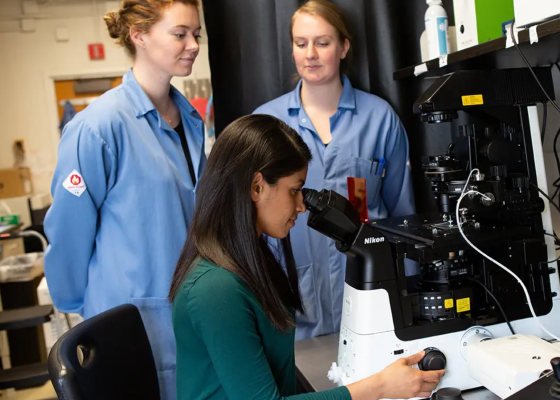
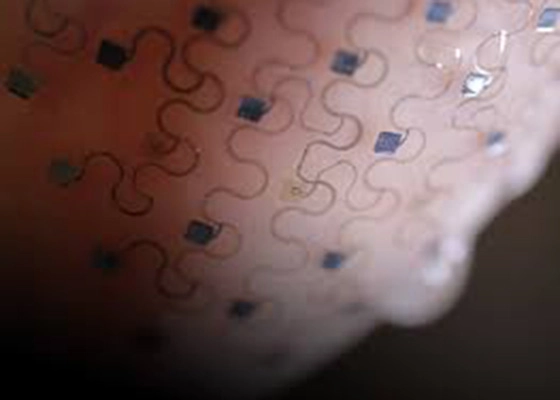
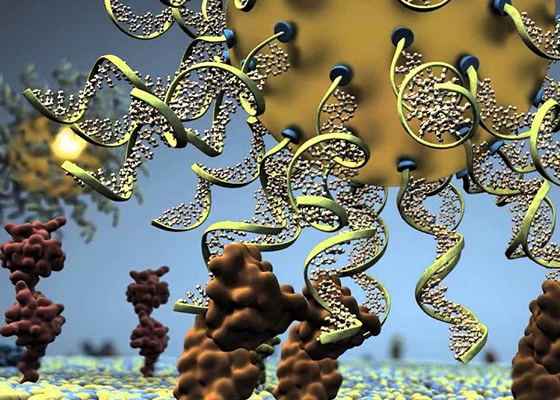
Lurie Cancer Center is one of only 57 NCI-designated Comprehensive Cancer Centers, a founding member of the National Comprehensive Cancer Network and a Lead Academic Participating Site in the National Clinical Trials Network. Its strengths include a hematopoietic stem cell transplant program that performs 350+ transplants annually, Illinois’s first and only proton therapy center and OncoSET, a pioneering precision-medicine program.

Northwestern’s researchers make breakthroughs that advance healthcare for everyone.
With an emphasis on translational medicine, our physician-scientists and engineers are at the forefront of research and discovery.

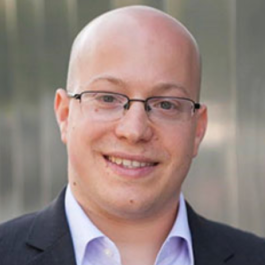
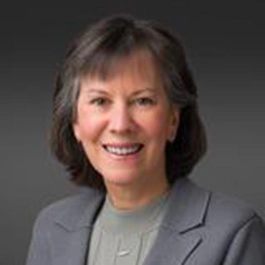
McNally researches genetics of cardiovascular and neuromuscular disorders and studies genetic mechanisms responsible for inherited human diseases.
Learn about Northwestern’s leadership in the biosciences.
See Northwestern’s new developments in support of this priority.
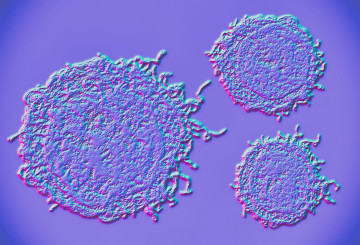
New strategy grabs cancer-driving proteins, directs them to the cell’s disposal system
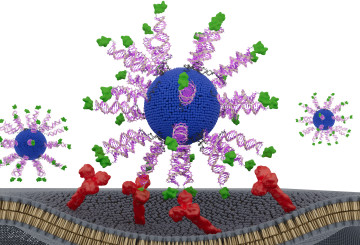
Vaccine’s carefully organized structure dramatically boosts cancer-fighting immunity
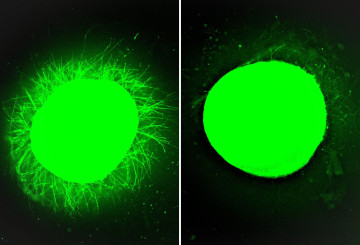
New therapy triggers neurite growth, reduces scarring in injured organoids
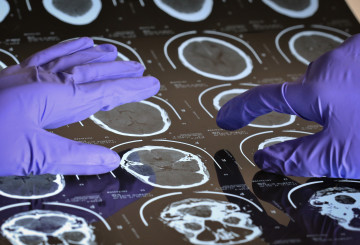
Latest round of strategic seed funding propels innovations in imaging, brain health, autoimmune therapies and more, bringing total support to $8 million
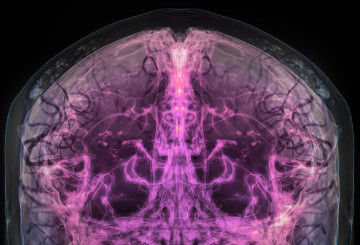
Simpson Querrey Brain Health Institute launches with nearly $25 million in support from Trustee Kimberly K. Querrey
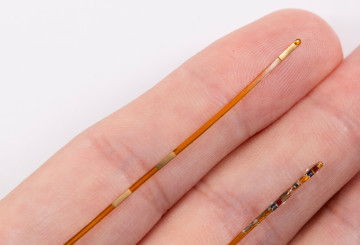
Flexible, hair-like device safely enters the uterus for continuous, real-time monitoring